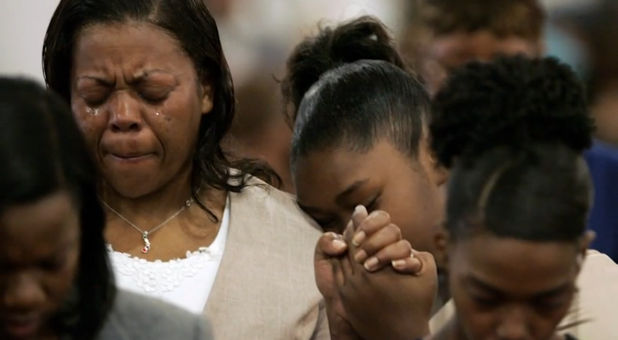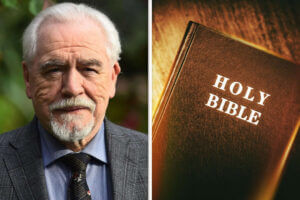I briefly considered opening this article with a controversial sentence likely to offend someone who disagreed—just to make a point. But my polite nature won out; that, and a desire to avoid an awkward conversation with my superiors, who might fail to appreciate a stylistic opening gambit.
Still, there was a point to be made: In a free society, people are allowed to say things others dislike. Nearly any position on a topic worth debating would probably offend someone somewhere. It’s how debate goes. And depending on the topic, the left predictably tells me to man-up (“person-up,” for those offended by the expression) and get along.
Example: I am offended my tax dollars pay for trash peddled as art, such as a crucifix submerged in urine. Response: Too bad, because we need artistic freedom.
Example: I am offended by groups like the American Civil Liberties Union suing schools for using Internet filters to block obscenity. Response: Too bad, because kids need to learn things their parents might try to shield them from.
Example: I am offended by Miley Cyrus’ infantile and crude … well, you know. Response: Lighten up, and why were you watching the MTV Video Music Awards in the first place?
And on it goes.
We frequently hear that in society, we must learn to get along, which generally means the other person demands I put up with what they say or do. But flip the card and watch how quickly things change.
Here’s an example. Certain groups (you know who you are) churn out a continual public rant on the so-called “separation of church and state.” Although this phrase is not found in the Constitution or any founding document, there are times it makes sense. We don’t want government telling churches (or people) what they must believe; we don’t want to pay for a government-sponsored religion or grant a particular church a monopoly on weddings and funerals.
But these certain groups use the “separation” phrase as a tiresome mantra to bash any remote or benign religious expression that bothers them—for example, lawsuits filed by those who don’t like that God is mentioned in the Pledge of Allegiance even though they can simply choose to be silent when it’s being recited.
Another example comes from a case called Town of Greece v. Galloway, an attack on the way citizens pray before a town meeting. The town practice permits any citizen of any faith—or no faith at all—to voluntarily deliver an opening invocation. The town allows people to pray in their own tradition with no editing or interference.
But the mere recital of words to God asking for (shudder) wisdom and humility for public officials proved too much for a few offended plaintiffs who didn’t like the way people chose to pray. So they did what any of us are told to do, right? Person-up and ignore it—and respect their right to believe and pray how they want, correct? Nope. They sued.
Now, here is the interesting fact so many people miss. Their only “injury” for filing a federal lawsuit is merely this: They are offended. In fact, they call themselves “offended observers.” And if they are the only two people objecting in a hypothetical community of a million supportive residents with whom they disagree, they demand the right to silence the community because they are offended. The position is unique in law—that a person has suffered sufficient harm to sue and stop a practice simply because they don’t like the words of a prayer, a cross in a military memorial or the words of the Pledge of Allegiance.
All of which raises an interesting question: Should these people have a constitutional right not to be offended? If so, why is it superior to my offense over a taxpayer-funded cross soaking in urine? (Apparently, a cross may receive government money so long as fashionable artists are mocking it.) We have been sold a bill of goods that mere offense should be a special exception when religious expression is made in public.
The Supreme Court may consider this topic in the upcoming arguments. If so, it will be a welcome change if we make these offended observers play well with others, as they continually scold us to do.
If you support public prayer and think this valuable tradition should continue despite the demands of two “offended” observers, sign the statement of support for prayer.
To learn more about the case and what’s at stake, visit freetopray.com.
Joseph P. Infranco is an Alliance Defending Freedom senior counsel.
See an error in this article?
To contact us or to submit an article






















